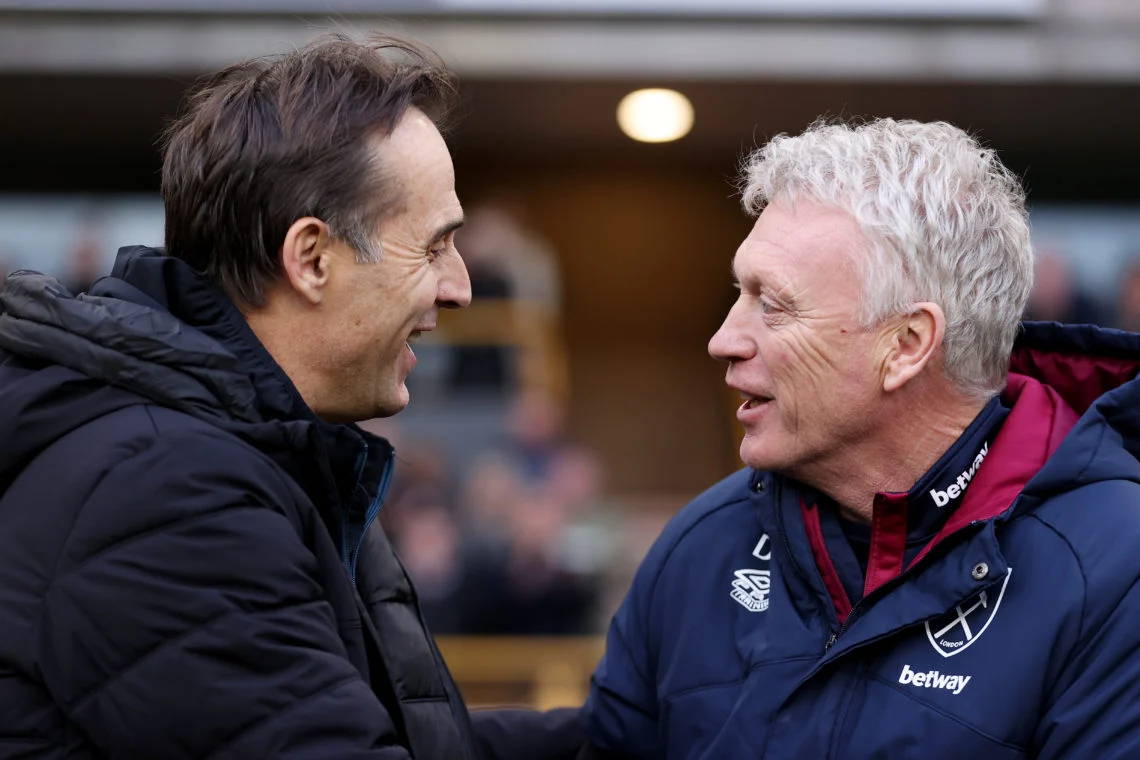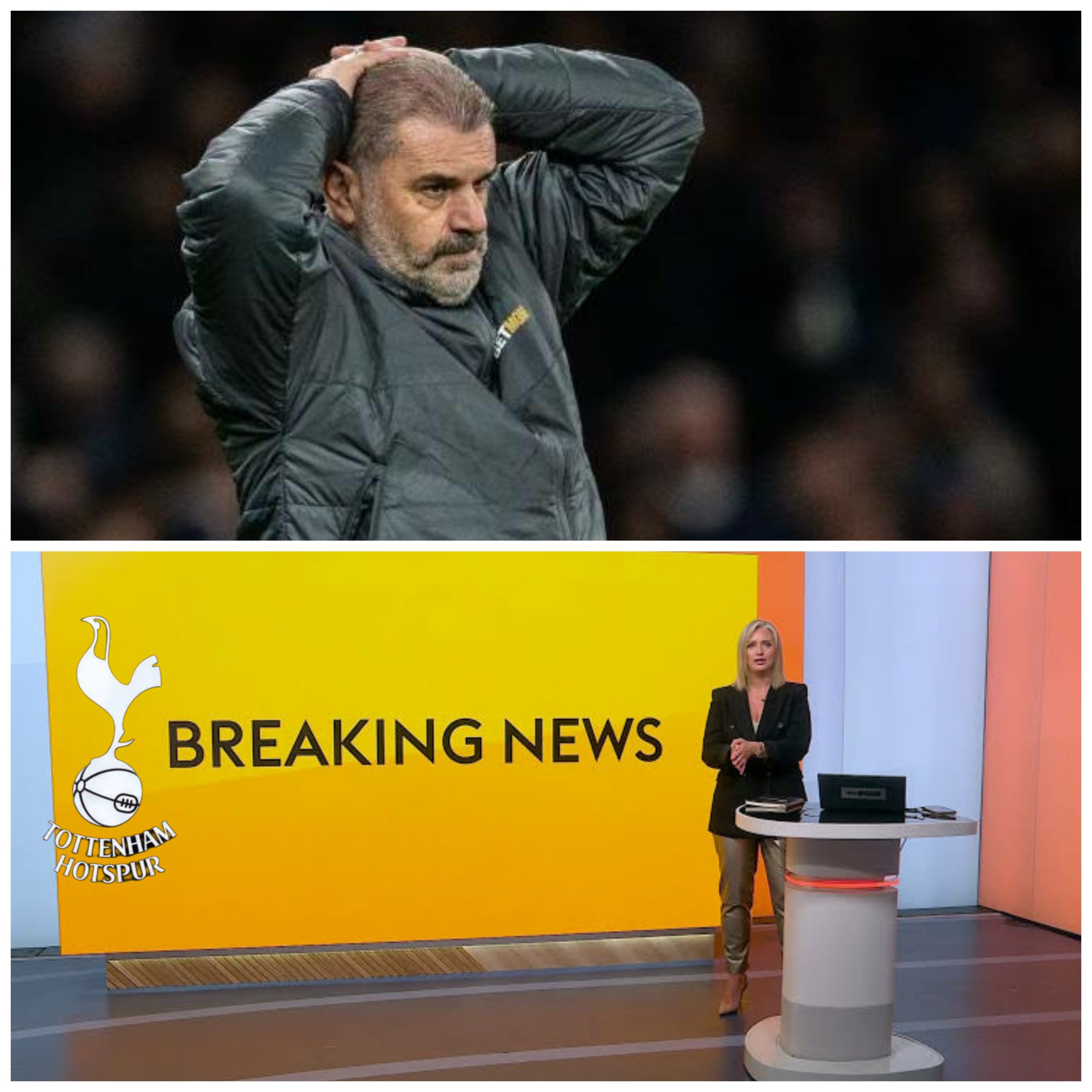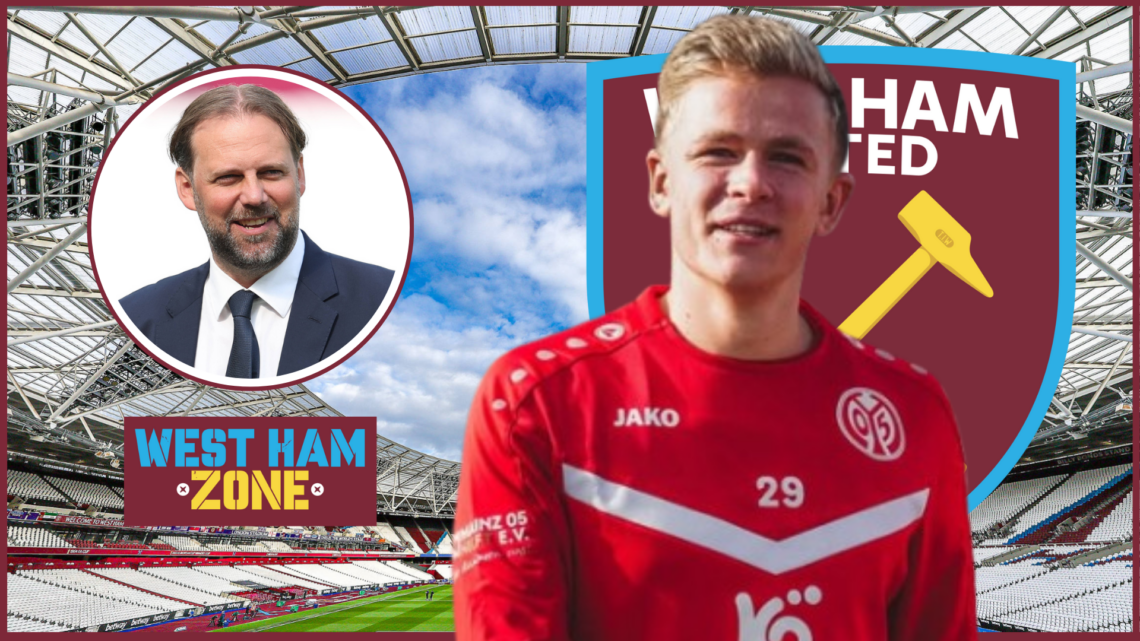The Hammers ‘HUMILIATION’ West Ham’s Underachievement Is a National Embarrassment – What’s Next for This Failing Team?Are They Now Worst Than They Were Under Moyes?
West Ham United’s defeat to Manchester City was more than just another loss; it was a stark reminder of what the club has lost since parting ways with David Moyes. The Etihad Stadium, the site of Moyes’ last game as West Ham’s manager, became the stage for Julen Lopetegui’s latest setback. Though Moyes’ tenure ended in defeat at the hands of Pep Guardiola’s juggernaut, the Spaniard’s struggles have cast the Scot’s achievements in a more flattering light. While no manager has found consistent success against Guardiola’s Manchester City, the comparison highlights a deeper malaise at West Ham.
Lopetegui’s Tenure in Numbers: A Troubling Decline
A 4-1 scoreline at the Etihad may have felt harsh on Lopetegui, but the numbers tell a different story. His win percentage as West Ham manager has now fallen below that of Avram Grant, a figure synonymous with relegation. While Grant’s tenure included a few cup victories, it ended in catastrophe. Lopetegui’s reign, though unlikely to result in relegation, has been a costly exercise in regression. Despite a lavish summer outlay of £140 million, West Ham have not managed to break free from the bottom half of the Premier League table, a scenario that contrasts sharply with the club’s ambitions at the start of the season.
Big Spending, Little Progress
In the summer, the prospect of competing alongside Tottenham and Manchester United for a top-six finish seemed plausible. However, the reality has been starkly different. West Ham have been rooted in the bottom half since August, oscillating between 13th and 14th place. Such underperformance raises questions about the club’s recruitment strategy and Lopetegui’s ability to extract the best from his squad. The initial excitement surrounding a £140 million transfer budget has given way to a sense of incoherence. The club’s identity under Moyes—defined by European adventures and defensive solidity—feels like a distant memory.
Defensive Frailties and Structural Issues
One of Lopetegui’s key selling points was his reputation for defensive organization, yet West Ham have conceded more goals than all but three Premier League teams this season. A series of heavy defeats, including six losses by three goals or more, reflects a worrying lack of structure. Even when individual scorelines, like the one at City, appear misleading, the broader pattern is undeniable.
Stand-in captain Tomáš Souček has acknowledged these struggles, but solutions remain elusive. Lopetegui’s tactical decisions, such as employing a high defensive line, have often backfired. Players like Max Kilman, signed for £40 million from Wolves, seem ill-suited to the roles they’ve been asked to play. Meanwhile, the midfield remains unsettled, with frequent halftime substitutions highlighting the manager’s struggle to select the right starting lineup.
Personal and Emotional Challenges
Lopetegui’s challenges extend beyond the pitch. The loss of Jarrod Bowen to injury and Niclas Füllkrug’s lengthy absence have robbed the team of vital attacking options. More poignantly, Michail Antonio’s serious car crash and Lopetegui’s own bereavement, following the death of his father, have added emotional strain. Under such circumstances, motivating others becomes an even greater challenge. Yet the mismatch between Lopetegui and West Ham feels increasingly stark.
A Misguided Vision
The club’s recruitment strategy, seemingly led in part by sporting director Tim Steidten, appears geared towards short-term success. Of their summer signings, most are in their late twenties or thirties, contributing to West Ham having the oldest squad in the Premier League. Yet this veteran-heavy approach has not translated into results. Instead, the team has regressed, undermining the significant financial investment made to elevate the club’s stature.
The Manager and the Mismanagement
Much of the blame for West Ham’s struggles lies with Lopetegui. Despite the squad’s individual quality, they have underperformed as a unit, becoming less than the sum of their parts. The lack of a defined playing style has left players like Füllkrug and Bowen without the necessary supply lines, while Lopetegui’s overreliance on Antonio has stifled tactical evolution. Frequent lineup changes and poor in-game adjustments suggest a manager unsure of how to maximize his team’s potential.
Looking Ahead: A Season in Limbo
With an FA Cup tie against Aston Villa looming and critical Premier League matches against Fulham and Crystal Palace on the horizon, Lopetegui faces a make-or-break period. While he has shown an uncanny ability to win when his job is on the line, such brinkmanship is unsustainable. The team’s disjointed performances and failure to deliver on pre-season expectations point to deeper systemic issues.
A Return to Underachievement
For West Ham fans, this season is shaping up as a painful return to familiar territory. While Moyes’ second spell may have lacked flair, it delivered results, including two top-seven finishes. In contrast, Lopetegui’s tenure has revived memories of underachievement. The hope that he could inject glamour and entertainment into the club has given way to disappointment. As West Ham continue to falter, the specter of Moyes lingers, a reminder of what might have been—and of what has been lost.



